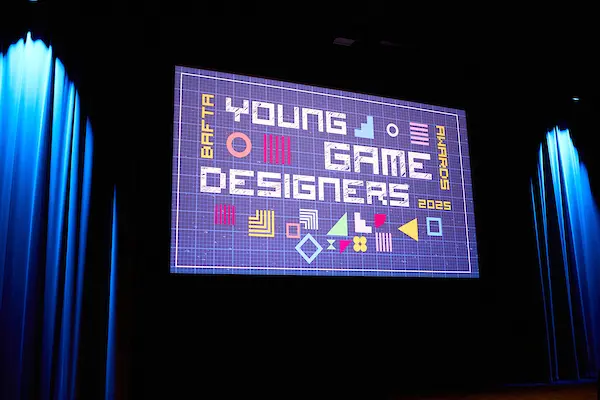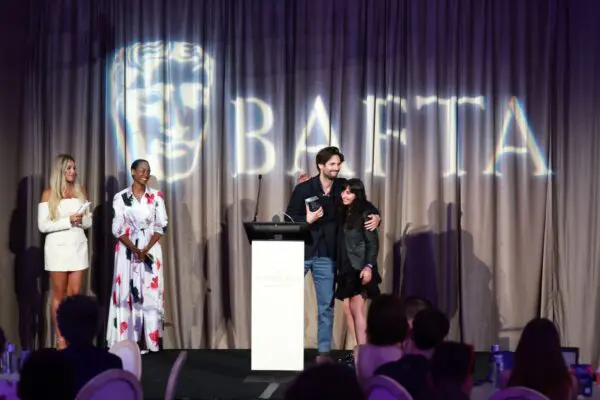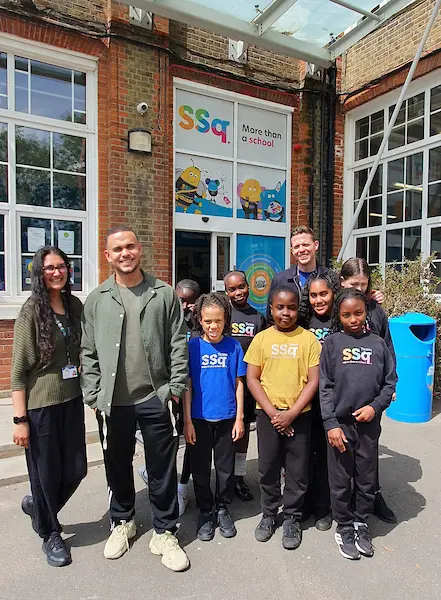
News
Telling authentic queer stories through games
Telling authentic queer stories through games
Telling authentic queer stories through games
Telling authentic queer stories through games
The 2025 BAFTA Television Awards with P&O Cruises: Portraits












